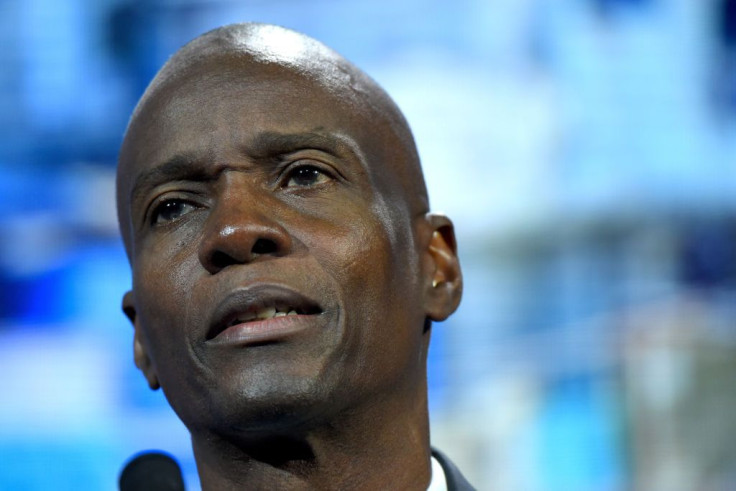
A Florida businessman was sentenced to nine years in prison for being involved in the plot that resulted in the assassination of then-Haitian president Jovenel Möise in 2021.
The Miami Herald reported that Frederick Bergmann unknowingly sent bullet-proof vests to Haiti that were then used by Colombian commandos in the operation that resulted in the killing of Möise and put the country in a tailspin leading to its current state of chaos.
Both the prosecutors and Bergmann's defense attorney agreed that he didn't know what the vests would be used for. He was asked to do so by a friend of his, Christian Emmanuel Sanón, who told him the vests would be used by a security team protecting him as he was seeking to become the country's next president.
That's why Bergmann wasn't charged with the murder conspiracy, a charged to which five other defendants (Sanón among them) have pleaded guilty to. They are set to face trial on the charges and could be sentenced to life in prison.
Bergmann did plea guilty to two lower conspiracy charges: backing a "military expedition against a friendly nation" and violating export laws after falsely labeling the bullet-proof vests as "medical x-ray vests and school supplies." The high charges are a result of harsh federal laws seeking to keep the U.S. out of overseas conflicts.
The businessman apologized to the judge, the Haitian people and his family before the sentencing, saying he wished he "could roll the clock back." His attorney argued for a sentence in between six and eight years, but the judge suggested he was already getting a good deal by not receiving the maximum sentence. He will have to surrender to authorities in August.
Haiti's already precarious political, social and economic situation began a period of dramatic deterioration after the killing of Moïse. Prime Minister Ariel Henry took over the executive but his standing was eroded given his reluctance to set a date for presidential elections, as he claimed security conditions weren't given. Haitians haven't gone to the polls since 2016.
Gangs and armed organizations began taking over parts of the country, especially capital Port-au-Prince, leading Henry to request international support.
In February of this year, Henry travelled to Kenya to disentangle a legal conflict preventing the country from leading an international force to take on the country's organized armed groups. However, upon his departure gangs intensified their attacks, seeking to prevent him from returning to the country.
Effectively unable to return, Haiti presented his resignation and paved the way to the formation of a transitional council tasked with leading the country out of the current situation and toward presidential elections. Despite infighting, the council has began its activities and the international force is set to arrive in the country shortly.
© 2025 Latin Times. All rights reserved. Do not reproduce without permission.





